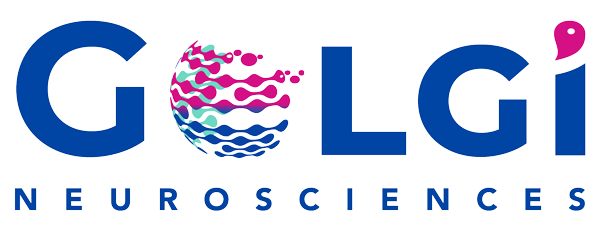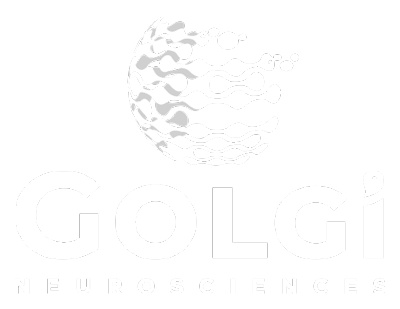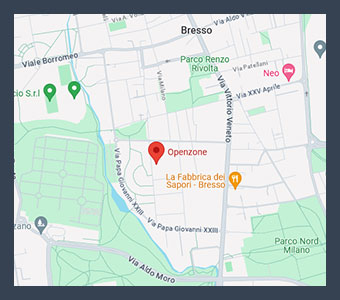Collaborative minds,
collective solutions
portfolio companies
The future of scientific research lies in collaborative work among different companies specialized in complementary fields.
Collaborative research allows for a more diverse range of expertise and resources to be brought to bear on a problem, leading to more innovative solutions. In addition to promoting innovation, collaborative research also helps to reduce duplication of effort and costs. One challenge of collaborative research, however, is ensuring that intellectual property rights and other legal considerations are properly addressed. Despite these challenges, the benefits of collaborative research make it an increasingly important aspect of scientific work in the 21st century.
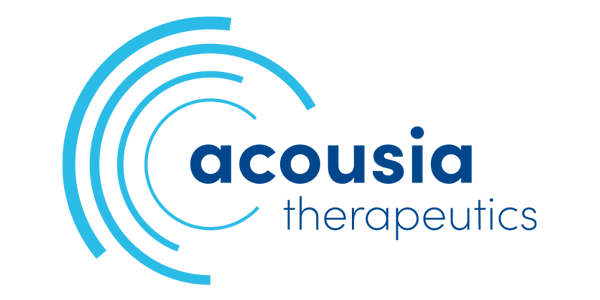
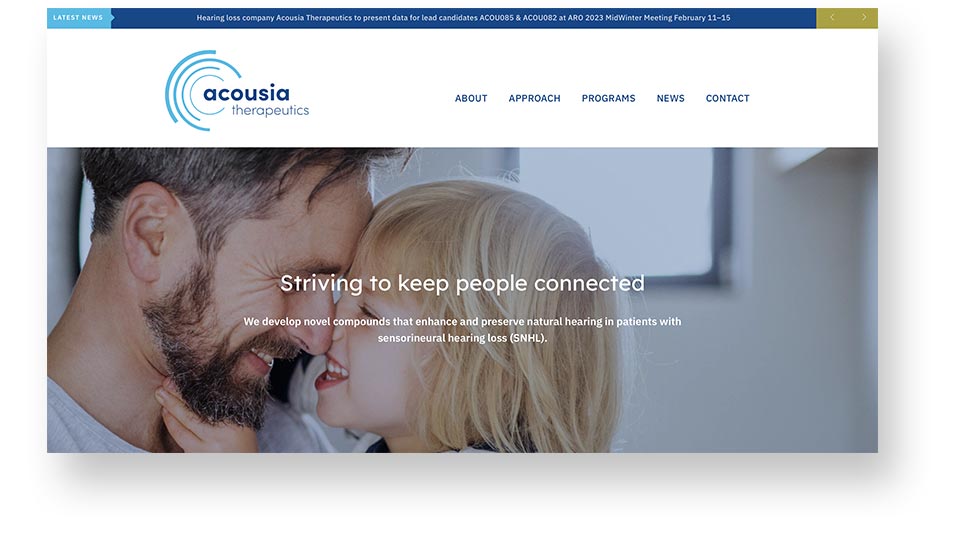
Acousia Therapeutics GmbH (“Acousia”) is a privately held clinical stage biotech company based in Tübingen, Germany, dedicated to the development of small molecules for local and systemic innovative treatment of different forms of hearing loss. Acousia Therapeutics GmbH develops novel compounds (small molecules) to improve and preserve natural hearing in sensorineural hearing loss (SNHL), thereby addressing a clear unmet medical need. Acousia has recently completed with success a clinical Phase 1b study with its leading drug candidate, ACOU085, which showed favorable safety and tolerability profile. A clinical Phase 2 study is ongoing, using ACOU085 to protect the inner ears of testicular cancer patients undergoing chemotherapy from cisplatin-induced ototoxicity.
Axxam transferred certain therapeutic assets to the R&D programs of Acousia in exchange of equity. Acousia is backed by a strong investor consortium: BIVF (lead shareholder), as well as Bregua, Creathor, KfW, and LBBW-Venture who joined later on.

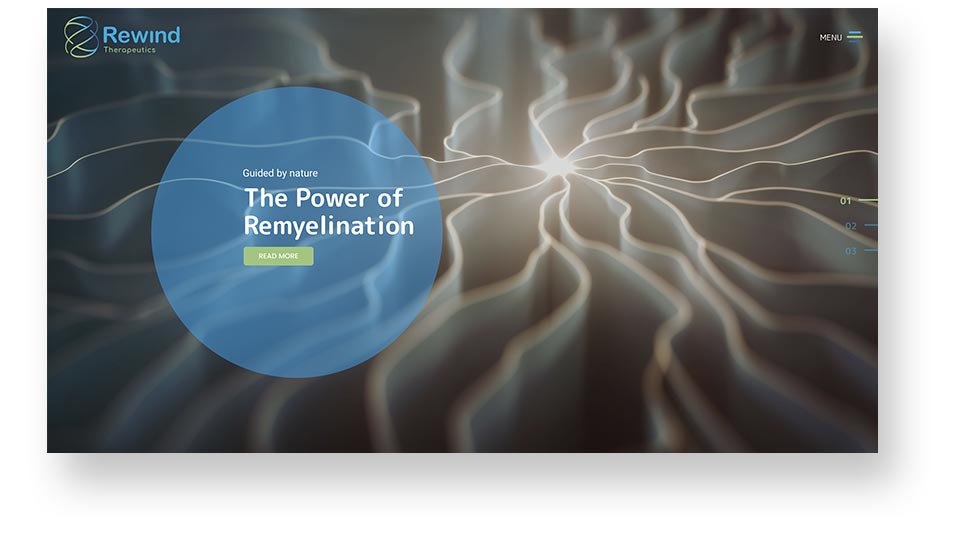
Rewind Therapeutics NV (“Rewind”) is a pre-clinical drug discovery company based in Leuven, Belgium, dedicated to the development of first-in-class small molecule therapeutics, designed to re-initiate the process of remyelination in patients suffering from major debilitating diseases such as multiple sclerosis, optic neuritis, or nerve injuries. A common feature of these illnesses is the loss of the natural myelin sheath, a cover protecting and nurturing the nerves. Repairing or re-installing this sheath (i.e., remyelination) is a crucial factor for halting or even curing these diseases. Rewind´s team has extensive research and development expertise and a strong patent estate for developing novel remyelination therapeutics.
Rewind Therapeutics NV was founded by Axxam together with the Centre for Drug Design and Discovery (CD3, Leuven, Belgium) and is backed by top-tier life science investors such as Boehringer Ingelheim Venture Fund, M-Ventures, PMV, Gemma Frisius Fonds, CD3/ KU Leuven and Sunstone Life Science Ventures.

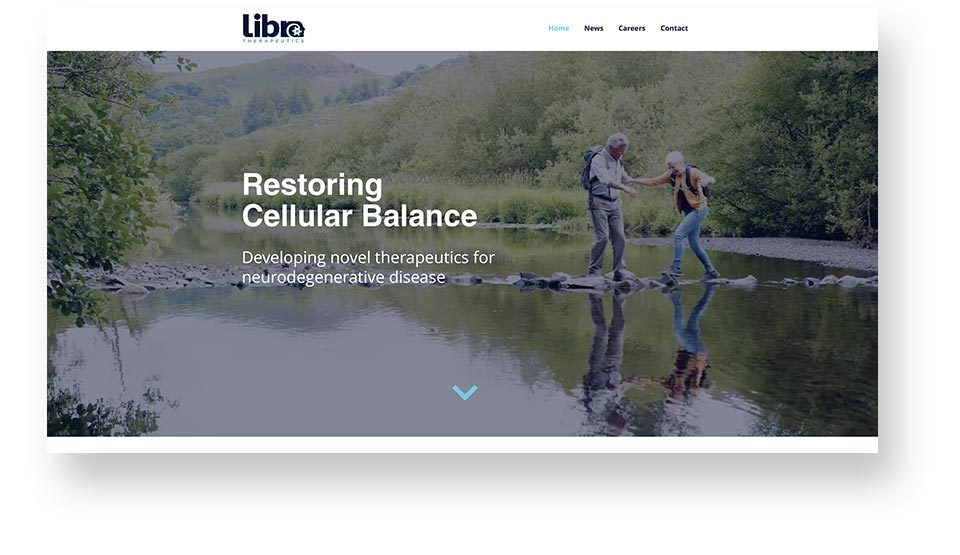
Libra Therapeutics, Inc. (“Libra”) is an early-stage drug discovery company based in San Diego (US), focused on developing novel disease-modifying therapeutics that can restore the cellular balance disrupted in neurodegenerative diseases. These include amyotrophic lateral sclerosis, frontotemporal dementia, Alzheimer’s, Parkinson’s, and Huntington’s disease, which are all characterized by cellular disequilibrium caused by the production and decreased clearance of neurotoxic proteins. The company’s therapeutic platform is uniquely positioned to discover and develop small molecule drugs with distinct molecular approaches that can 1) increase autophagy to more rapidly clear toxic proteins and 2) attenuate the production of neurotoxic proteins. Libra was founded by Axxam and has subsequently secured Series A financing co-led by Boehringer Ingelheim Venture Fund (BIVF), Epidarex Capital, and Santé. The round was joined by Yonjin Venture, Dolby Family Ventures, and Sixty Degree Capital.

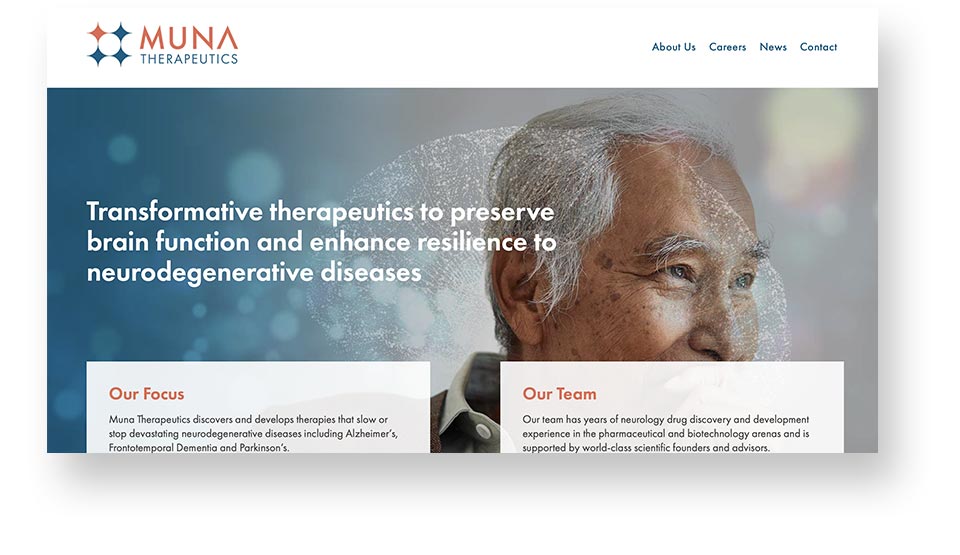
Muna Therapeutics Aps (“Muna”) is a private biopharmaceutical company based in Copenhagen, Denmark, in which Axxam transferred certain assets after its inception. Muna discovers and develops therapies that slow or stop devastating neurodegenerative diseases including Alzheimer’s, Frontotemporal Dementia and Parkinson’s. These disorders impact memory, movement, language, behavior and personality resulting in disability and death of millions of patients around the globe. Muna focuses its groundbreaking science on identifying new medicines to preserve cognition and other brain functions and enhance resilience to neurodegenerative diseases. The name reflects this focus: Muna means ‘to remember’ in Old Norse. Muna is backed by top-tier life science investors such as Novo Holdings, Sofinnova Partners, Droia Ventures, EQT Life Sciences, Polaris Partners, Polaris Innovation Funs, Sanofi Ventures, V-Bio Ventures, VIB.
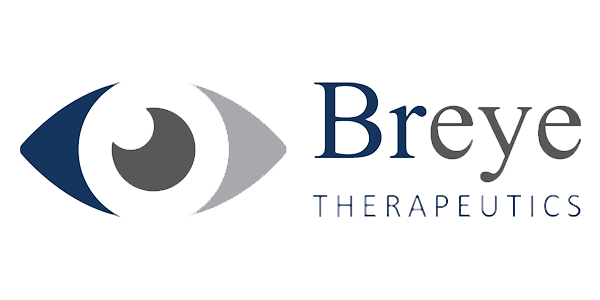
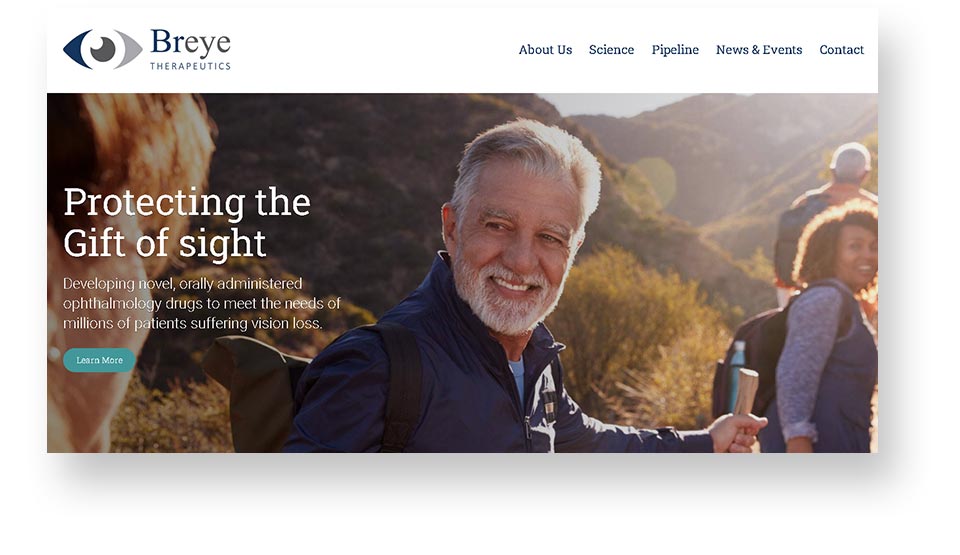
Breye Therapeutics ApS (“Breye”) is a clinical stage biopharmaceutical company headquartered in Denmark and developing novel oral therapies for retinal vascular diseases within ophthalmology. Breye has two novel and relevant small molecule oral therapies to address large unmet medical needs in both diabetic retinopathy (DR) and age-related macular degeneration (AMD). Breye in-licensed the rights to its lead therapy, danegaptide, from Zealand Pharma A/S. Danegaptide is an orally administered small molecule drug which has been shown to have an excellent safety profile documented in several clinical trials with more than 500 human subjects.
The second program in Breye’s pipeline has been developed by Axxam and recently transferred by Golgi into Breye.
Breye raised a seed round from Novo Holdings and Sound BioVentures and received financial support from the BioInnovation Institute, the Danish Growth Foundation (Vækstfonden) and the Danish Innovation Foundation (Innovationsfonden).

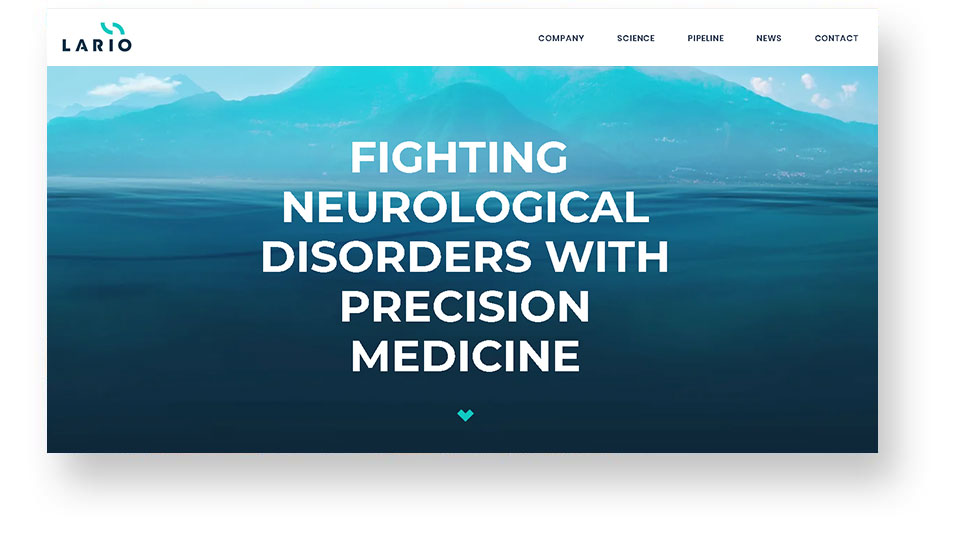
Lario Therapeutics Limited (“Lario”) is a preclinical-stage drug discovery company based in Edinburgh (UK). Lario has been incubated and co-founded by Epidarex-Exeed and Axxam SpA and is developing first-in-class precision medicines for epileptic and neurological disorders. Lario’s pipeline is composed of genetically validated programs with a key focus on the development of novel therapies for severe pediatric syndromes including DEE2 and DEE69. Both of these severe genetic disorders are characterised by treatment-resistant forms of epilepsy, profound developmental delay and movement difficulties. In addition to the disease-modifying focus on rare pediatric genetic syndromes, Lario’s projects also target various drug-refractory forms of epilepsy as well as other neurological disorders including Parkinson’s disease. Lario’s leading projects are rapidly advancing towards the clinics.
